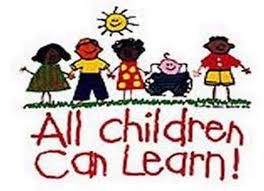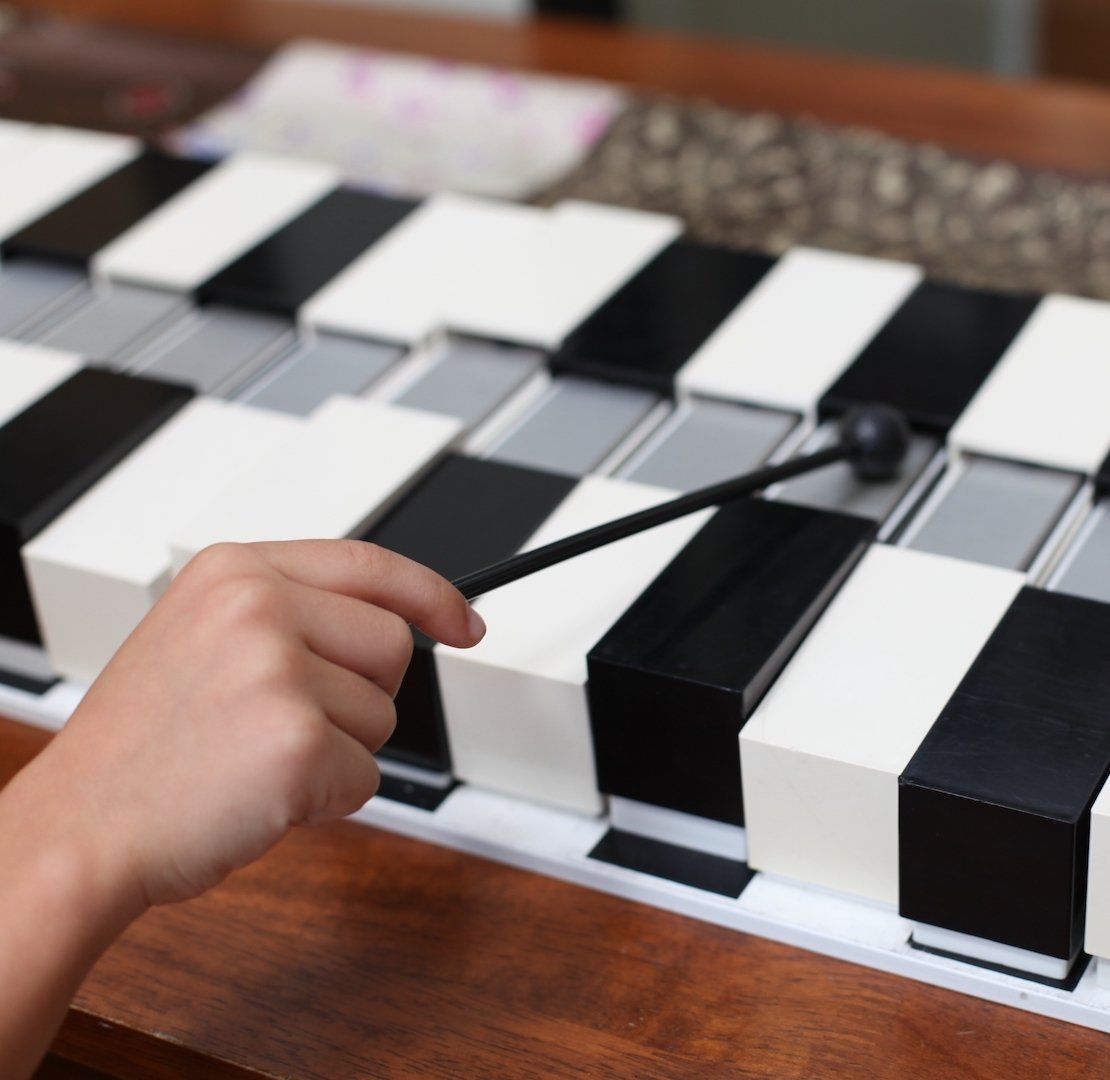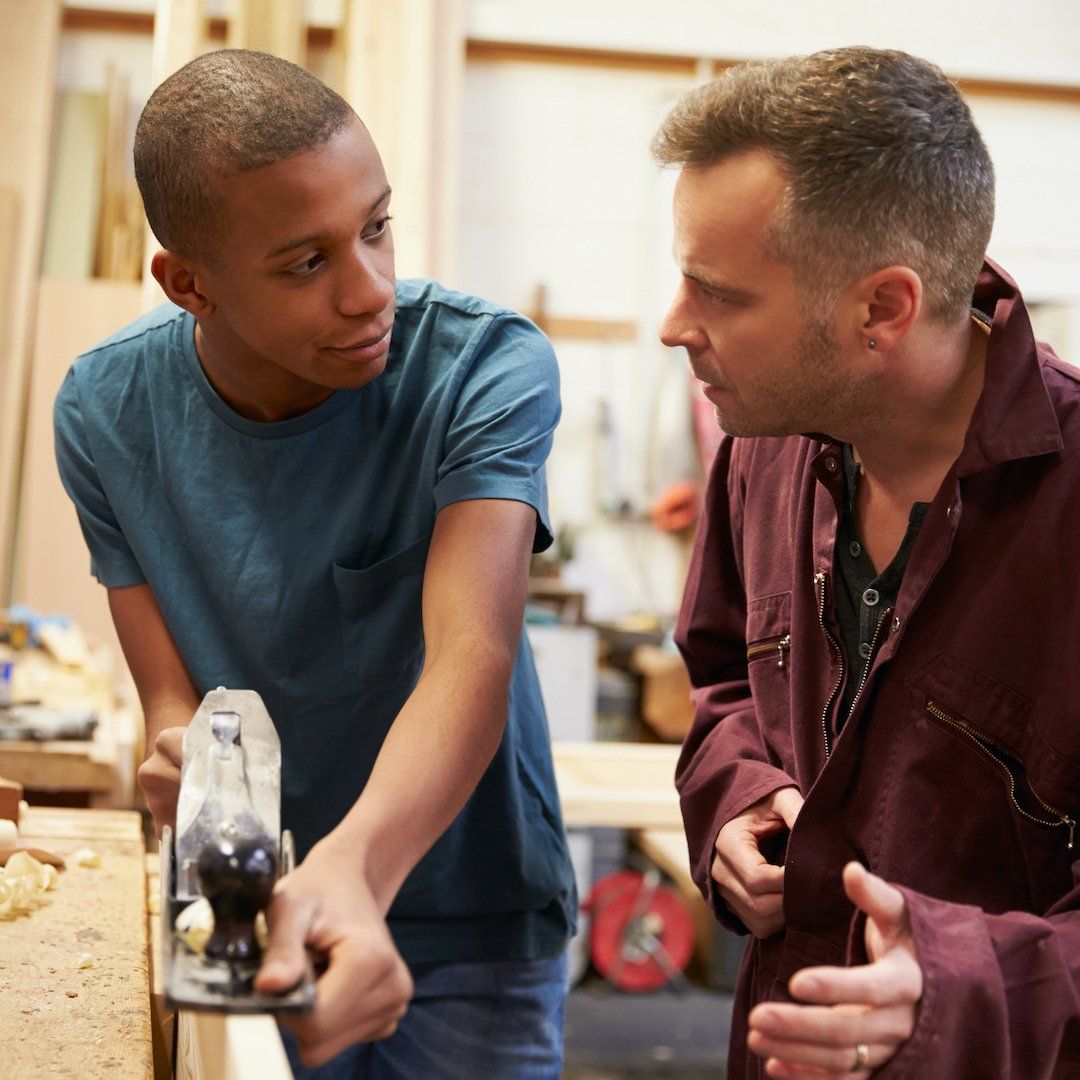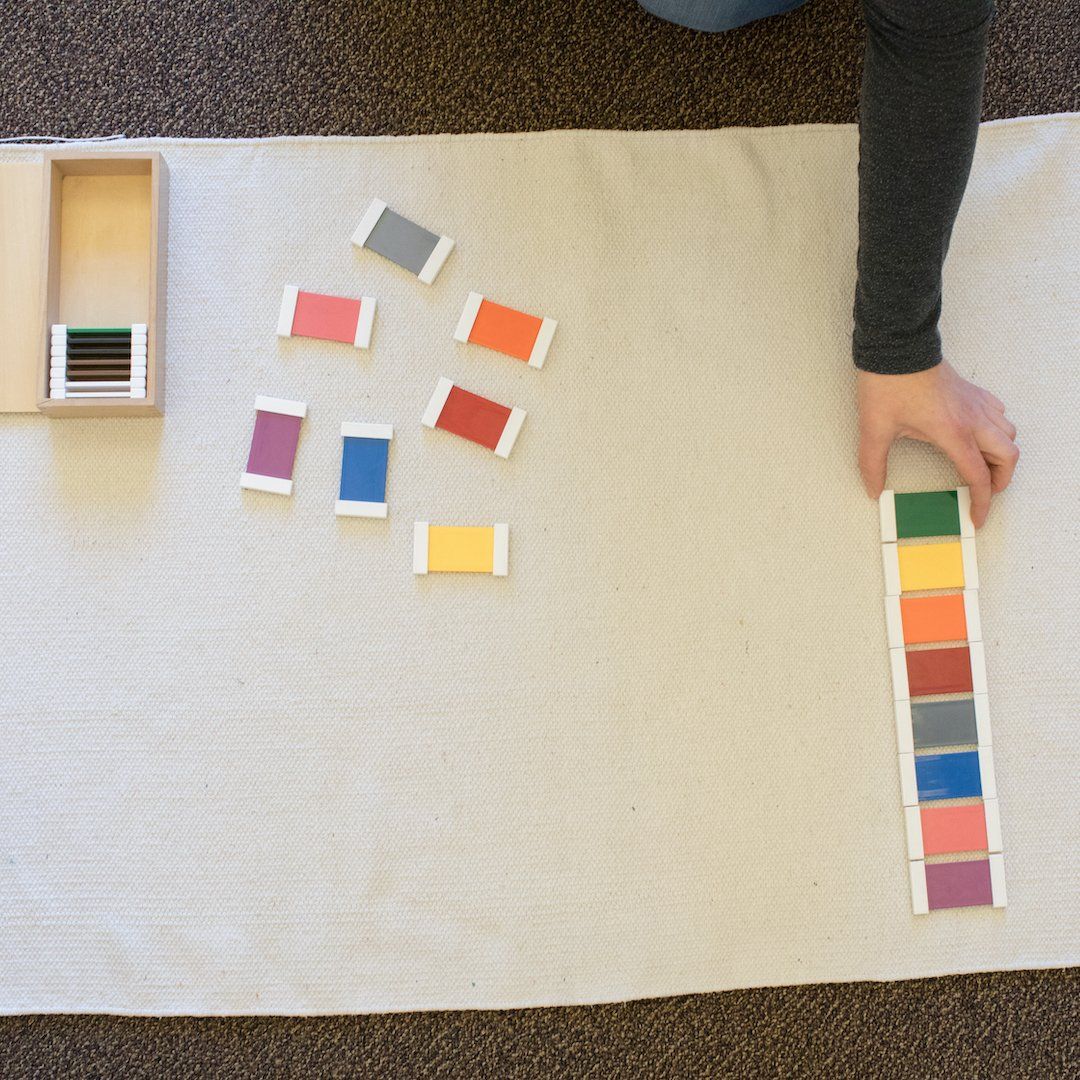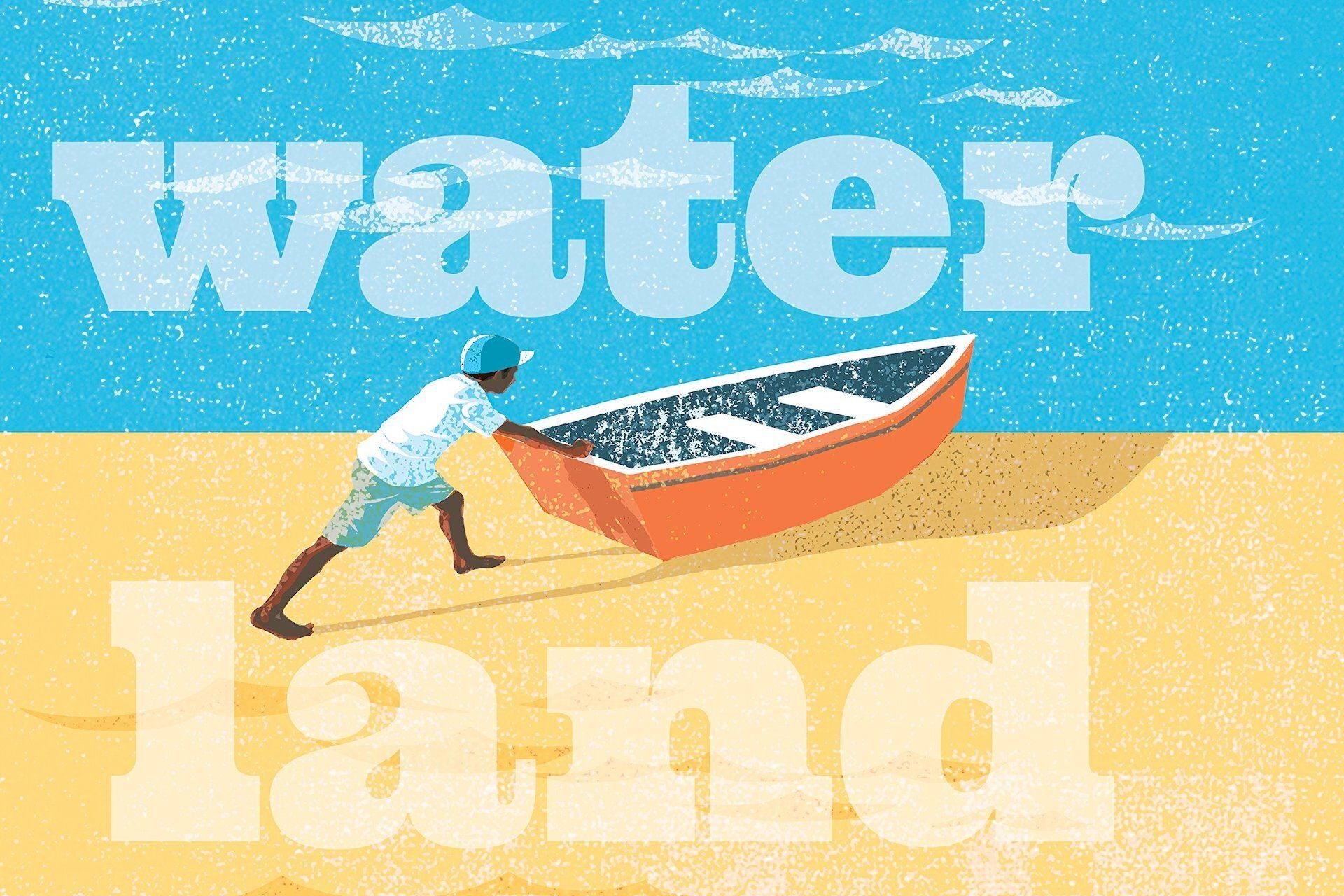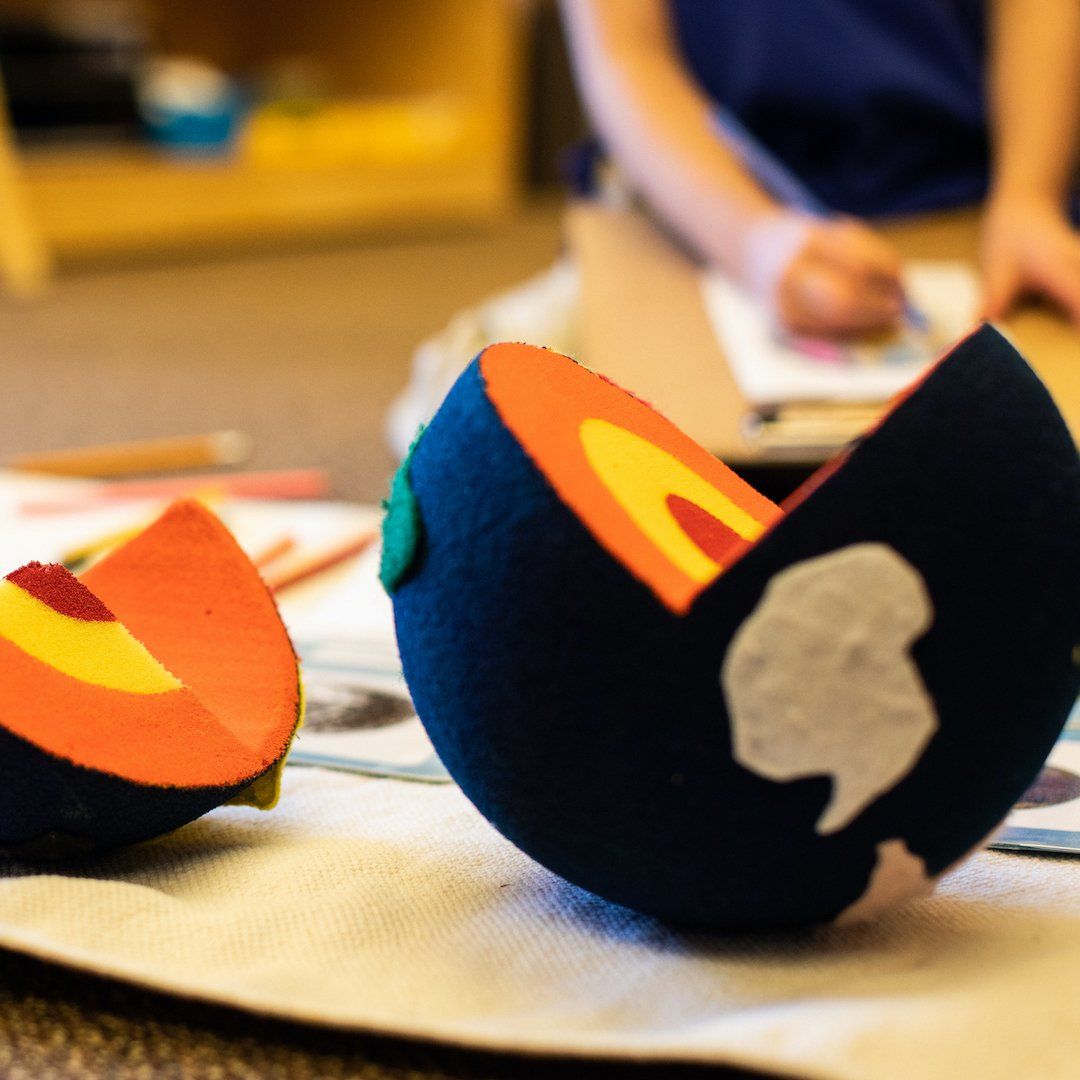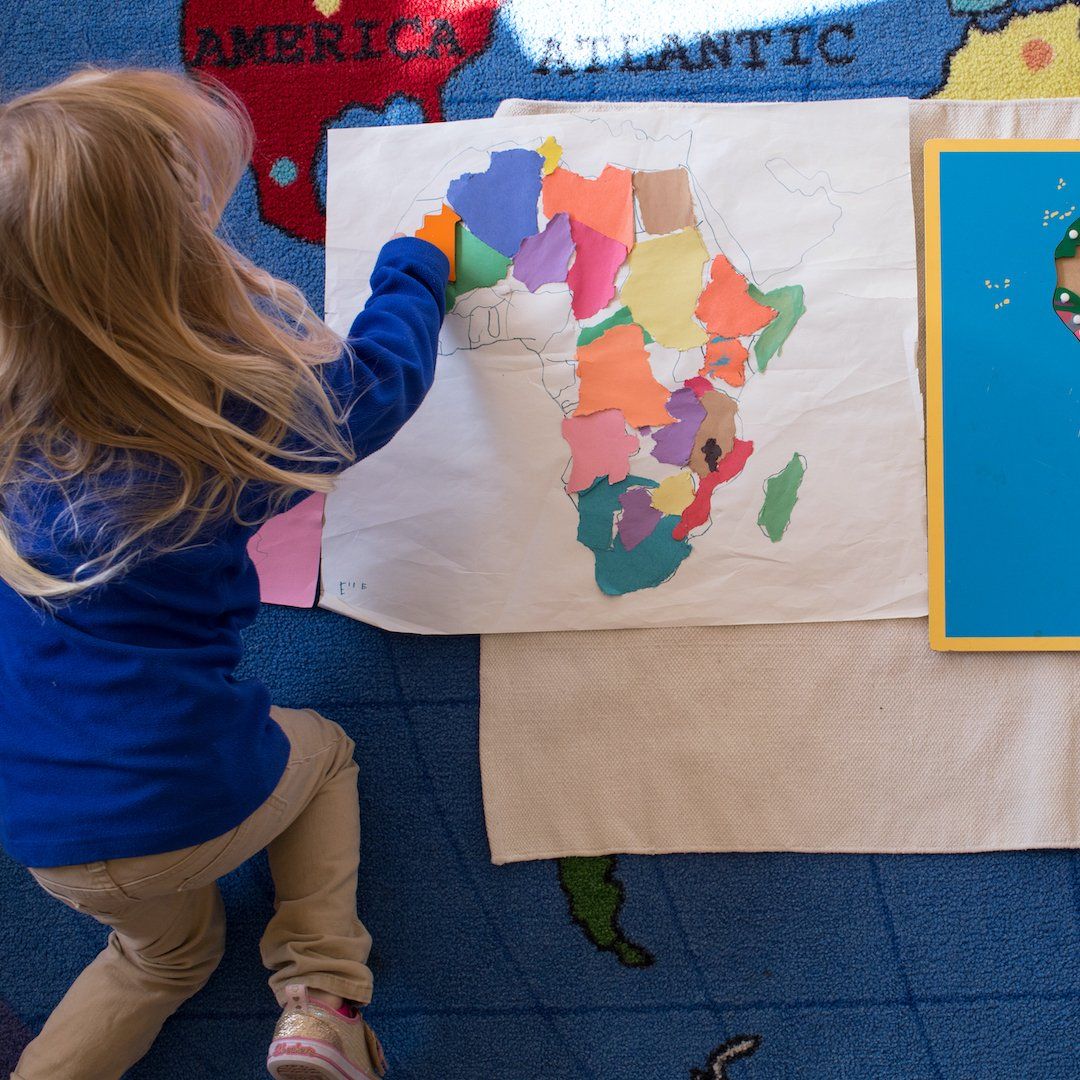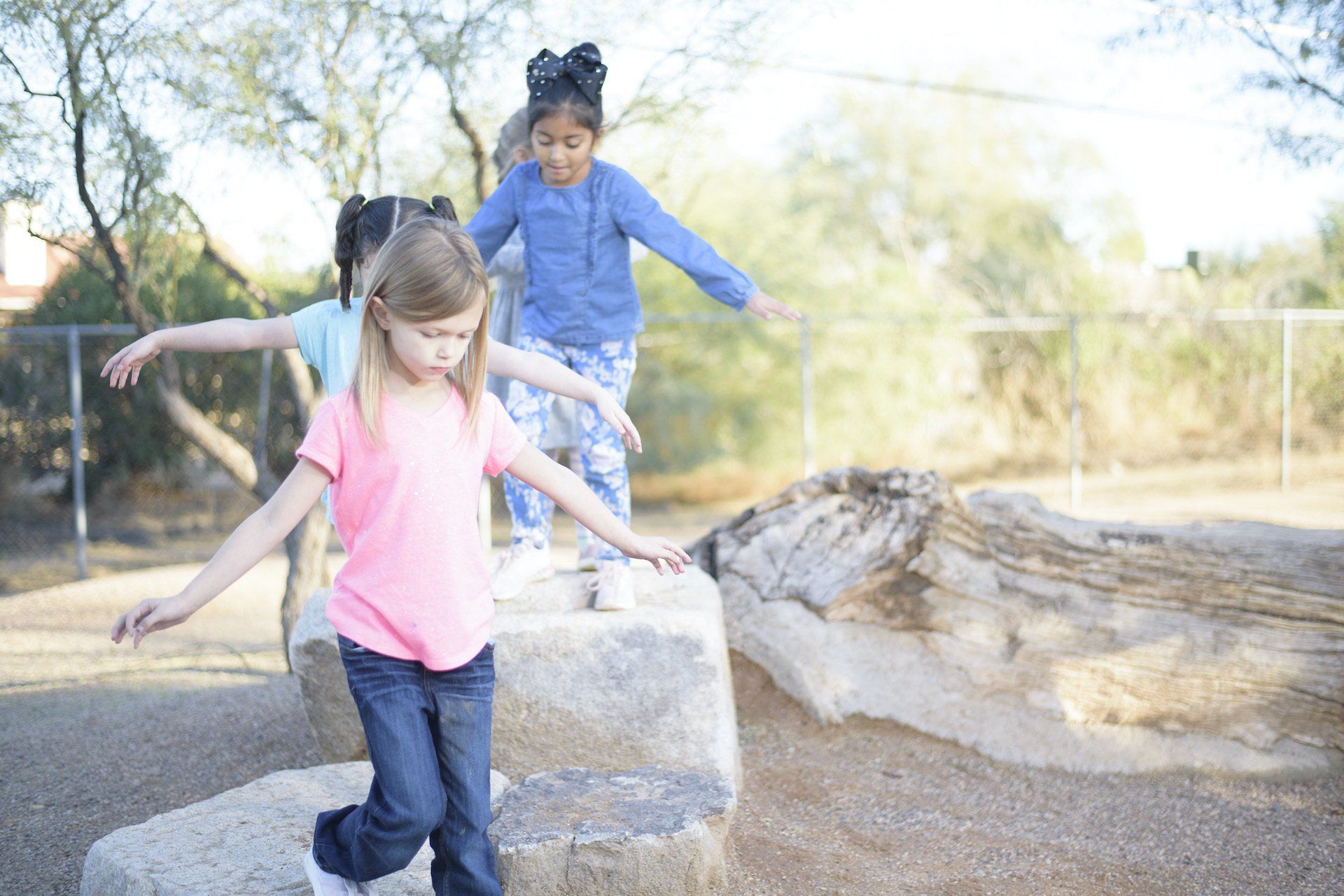Montessori and the Exceptional Child
Any parent considering Montessori for their child is sure to have lots of questions. Perhaps one of the most prominent is: “Is this the best setting for my child?” Parents of exceptional children have specific learning needs to consider. Montessori schools can be an excellent option for many kids. This blog post details some of the ways in which the approach meets the child where they are, but is not meant to be an exhaustive list.
General Points to Keep In Mind
Montessori teachers are trained to differentiate learning for each individual child. Children work at their own pace. Many families find that accommodations listed on IEP or 504 documents are an easy fit in a Montessori classroom, or they may already be a natural part of the daily structure – for all students.
Learning Disabilities
All children learn at their own pace. When a child has trouble processing information in some way, they need teachers who will work with their strengths and support them where they need it most.
One of the benefits of the multi-age classroom (as is found in Montessori schools) is that a child never has to feel left behind. With a wider range of ages and abilities, your child will never feel the pressure of sticking with the group. A single student can enjoy advanced math work and also get targeted lessons in reading if that’s where they need more support. Chances are, they’ll have a classmate to work alongside who will be doing the same thing.
As a bonus, most Montessori materials are self-correcting, so a child knows immediately if they’ve made a mistake without teacher intervention. This allows them the chance to work through their problems and find solutions independently.
Most lessons are given individually in the primary level, and either individually or in small groups at the elementary level, so your child is guaranteed to receive the personalized instruction they need to feel successful.
Attention Difficulties
Most children who have trouble with focus and attention just have a different style of learning. Many children need to incorporate movement breaks into their day. Some need guided structure. Both of these opportunities are available to all children in Montessori classrooms.
Physical and movement breaks are inherent in Montessori schools. When a child has the freedom to work independently, they get to decide when they complete a work and are ready to move onto the next. This gives them a chance to listen to what their bodies need, and respond accordingly. Many Montessori classes have in-room gross motor opportunities, or direct access to the outdoors.
As children get older and academic expectations increase, Montessori teachers give kids tools and strategies to manage their time and work. Many children rely on a work plan to give them direction throughout the work cycle while also allowing for a measure of free choice. This way, kids feel empowered through their own decision-making while also feeling the comfort of a basic structure.
Various seating options are helpful for children with attention and focus issues as well, especially as a child gets older. Sometimes input from nearby peers can be distracting, and having the option to sit independently for at least a portion of the work period is a great solution for many children. This is another area in which children in Montessori classrooms are able to figure out their own learning needs, and adjust their day accordingly.
Sensory Needs
There are a wide variety of sensory needs in children. One important factor to consider is that sensory development starts in very young children. Maria Montessori recognized this over 100 years ago, and worked to create a series of materials that helps children refine this development. One entire portion of the primary (ages 3-6) curriculum is called the ‘sensorial’ area. Children use materials that help them refine their use of the five senses: tactile, visual, auditory, olfactory, and gustatory.
Some children have other types of sensory needs. Students with proprioceptive needs will appreciate the ability to move around their classroom frequently, use different types of seating, and practice walking on a line as part of Montessori’s control of movement lessons.
For children with vestibular needs, Montessori’s walking the line activity will also be helpful. Many Montessori classrooms incorporate yoga, and while all the poses are helpful for kids, inversion poses are particularly helpful for children who crave certain types of sensory input.
Accelerated Learners
Some children tend to understand concepts at a faster-than-typical rate. For these children, it is critical to find work that inspires them while also keeping it age-appropriate. When Montessori teachers are trained, they learn about curriculum that goes several typical years beyond the level they plan to teach. They always have lessons ready for accelerated learners. This helps keep kids engaged and happy. Having a wide range of materials available is yet another benefit of the multi-age classroom.
Confidence is Key!
When children are made to feel successful at school, they feel good about themselves. While Montessori education doesn’t provide kids with external rewards, it sets kids up to learn and achieve their goals while respecting who they are as individuals. Gaining the confidence in themselves as learners is one of the greatest gifts we can give a child, and it sets them up for a lifetime love of learning, regardless of how they navigate that process.
The post Montessori and the Exceptional Child appeared first on Aldea Montessori | Certified North Phoenix Montessori School.

